Views: 1 Author: Site Editor Publish Time: 2023-11-28 Origin: Site
Honesun Industrial Co., Ltd. is a Chinese company focused on R&D and production of high-quality neodymium magnets for industrial use. We have more than 40 QC members to conduct strict inspection at every stage: incoming inspection (IQC), in-process inspection (IPQC) and final inspection (FQC). Furthermore, our products are manufactured according to ISO9001 standards. Known for their superior performance and durability, our magnets are used in a wide range of applications.
Neodymium magnets come in many shapes and sizes, including blocks, disks, and rings. This variety of shapes gives it flexibility in use and makes it suitable for a variety of different industries. Neodymium magnets come in many shapes and sizes, including discs, cylinders, blocks, rings, and more.
They can also be customized to meet specific requirements. These magnets are available in small sizes, ideal for use in compact equipment, as well as larger sizes suitable for industrial applications.
about ball neodymium magnets, we have carefully prepared some relevant professional knowledge documents for you, hoping to provide some help to you who are interested in countersunk neodymium magnets.
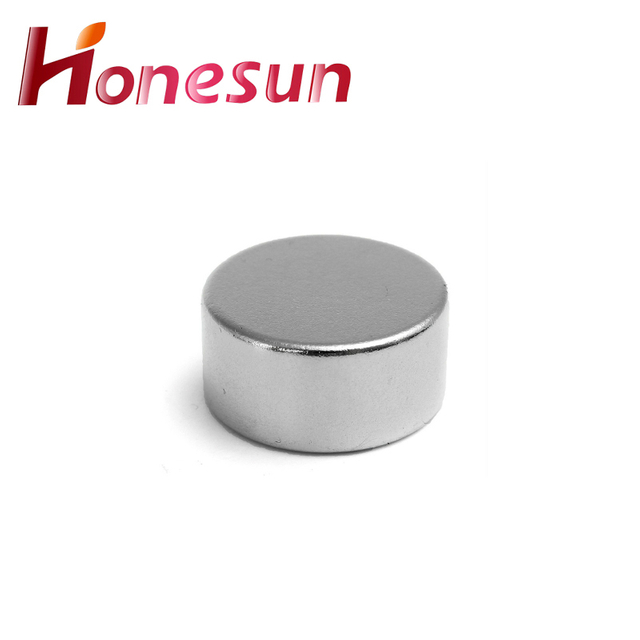
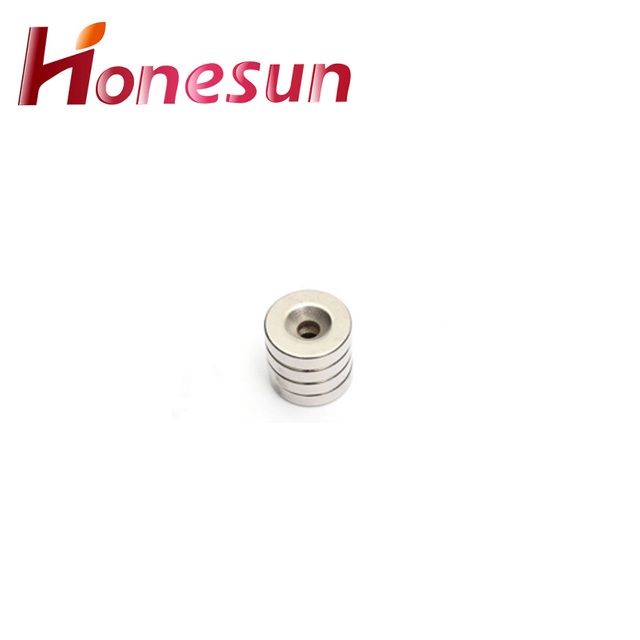
1One of the key benefits of countersunk neodymium magnets is their compact size. Despite their small size, they have an incredibly high magnetic strength, making them ideal for applications where limited space is a factor. This has led to their widespread use in modern technology, such as smartphones, speakers, and hard drives.
2One of the primary benefits of countersunk neodymium magnets is their compact size and high magnetic strength, making them ideal for miniaturization in electronic devices. This has enabled the production of smaller, more efficient and powerful devices, creating a ripple effect in improving technology. Furthermore, the magnets' strong magnetic field allows for the generation of electricity, enabling them to be used in alternative energy sources such as wind turbines.
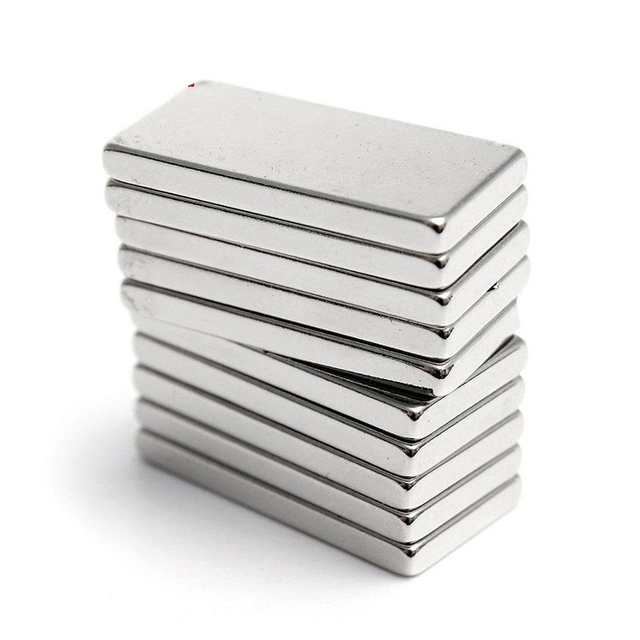
Neodymium magnets are powerful and versatile materials that have a variety of practical applications. These strong permanent magnets are made from the rare earth element neodymium, iron, and boron, and are known for their incredible strength and durability. One of the main uses for neodymium magnets is in electronic devices, where they are essential components in speakers, hard drives, and even headphones. Additionally, neodymium magnets are commonly used in industrial settings for lifting and holding heavy objects. They are also commonly found in household items like refrigerator magnets, magnetic closures for doors and cabinets, and as a handy tool for DIY projects. With their strength and versatility, neodymium magnets have become an essential material in multiple applications and continue to revolutionize a wide range of industries.
Our ultra-thin design incorporates the powerful properties of neodymium magnets, providing a space-saving solution for a wide range of applications. These magnets are known for their exceptional strength-to-size ratio, making them ideal for use in small and compact devices where every millimeter counts. With our innovative design, we are able to harness the full potential of neodymium magnets while keeping our products sleek and streamlined. Whether it's in consumer electronics, medical equipment, or industrial machinery, our neodymium magnets offer the perfect combination of strength and efficiency in a compact and stylish package. Experience the power of neodymium magnets in our ultra-thin design and see the difference it can make in your daily life.
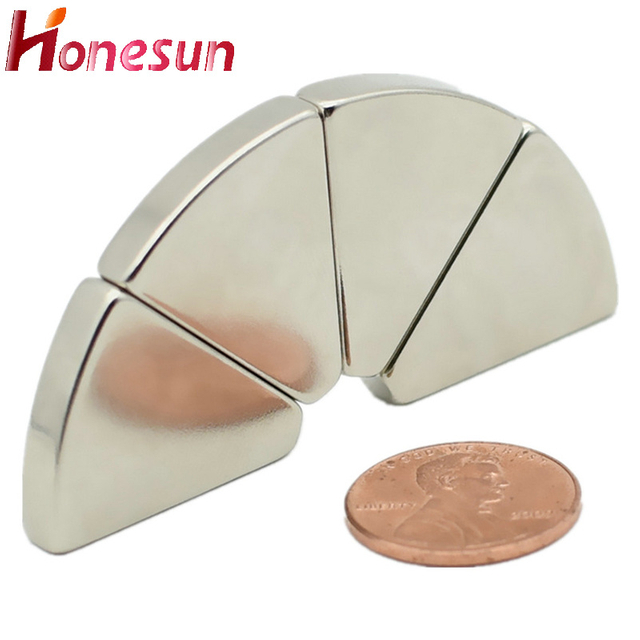
Neodymium Magnets-An Ultimate FAQ Guide.
1.Are Neodymium Magnets used in electric vehicles?
Yes, neodymium magnets are used in electric vehicles. They are used in the electric motors that power the vehicle, as well as in the batteries that store the energy. Neodymium magnets are also used in the regenerative braking systems of electric vehicles, which help to capture and store energy that would otherwise be lost as heat.
2.About Neodymium Magnets overseas warehouse
Neodymium Magnets overseas warehouse is a leading supplier of neodymium magnets and related products. We offer a wide range of products, including rare earth magnets, ceramic magnets, alnico magnets, and more. Our products are used in a variety of industries, including automotive, aerospace, medical, and industrial. We have warehouses located in the United States, Europe, and Asia, allowing us to provide fast and reliable shipping to customers around the world. We strive to provide the highest quality products at the most competitive prices.
3.About Neodymium Magnets inventory
Neodymium magnets are a type of rare-earth magnet made from an alloy of neodymium, iron, and boron. They are the strongest type of permanent magnet commercially available and are used in a wide variety of applications, including motors, generators, and sensors. Neodymium magnets are available in a variety of shapes and sizes, and can be purchased in bulk or as individual pieces.
4.About Neodymium Magnets delivery date
Neodymium magnets are usually shipped within 1-2 business days of ordering. Depending on the size and quantity of the magnets, delivery times may vary.
5.Why are Neodymium Magnets coated?
Neodymium magnets are coated to protect them from corrosion and to prevent them from chipping or cracking. The coating also helps to reduce the risk of the magnet being damaged by other metals or objects.
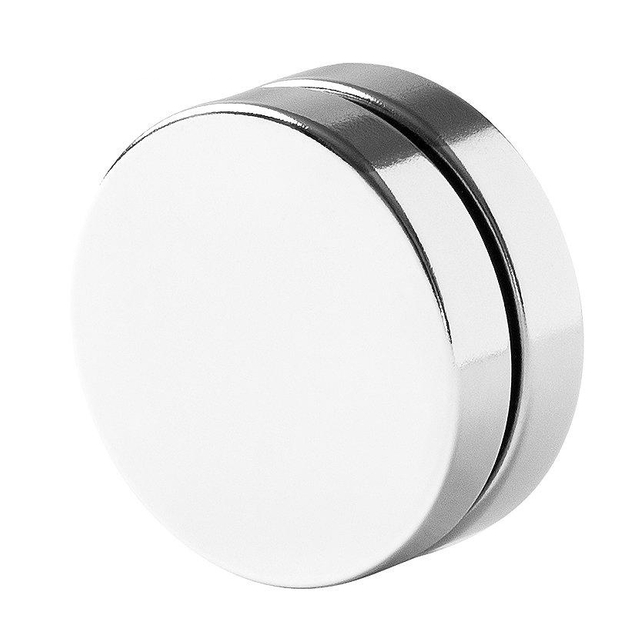
6.How do you recycle Neodymium Magnets?
Neodymium magnets are not typically recycled, as they are made from rare earth metals and are difficult to separate and process. It is best to reuse them or donate them to a local school or organization that can use them.
7.How do Neodymium Magnets contribute to consumer electronics?
Neodymium magnets are used in a variety of consumer electronics, including headphones, speakers, hard drives, and electric motors. They are used to create strong magnetic fields that can be used to generate sound, store data, and power motors. Neodymium magnets are also used in the production of rechargeable batteries, as they can help to increase the efficiency of the charging process.
8.What is the manufacturing process for Neodymium Magnets?
1. Raw Material Preparation: Neodymium magnets are made from an alloy of neodymium, iron, and boron. The raw materials are melted together in a vacuum induction furnace to create a homogenous alloy. 2. Compacting: The molten alloy is then poured into a die and compacted under high pressure to form a solid block. 3. Sintering: The compacted block is then heated in a vacuum furnace to sinter the particles together and create a strong, uniform magnet. 4. Machining: The sintered block is then machined into the desired shape and size. 5. Coating: The machined magnet is then coated with a protective layer of nickel, zinc, or epoxy to prevent corrosion.
9.Are there any potential hazards associated with Neodymium Magnets?
Yes, there are potential hazards associated with neodymium magnets. They can be very powerful and can cause serious injury if swallowed. They can also pinch fingers and other body parts if two magnets are brought together too quickly. Additionally, neodymium magnets can interfere with pacemakers and other medical devices, and can damage electronic equipment if placed too close.
10.How are Neodymium Magnets made?
Neodymium magnets are made by a process called powder metallurgy. This process involves mixing neodymium, iron, and boron powder together and then compressing the mixture into a mold. The mold is then heated to a very high temperature, which causes the particles to bond together and form a solid magnet.

11.What are the common uses of Neodymium Magnets?
1. Motors: Neodymium magnets are used in the production of electric motors, such as those found in cordless tools, hard disk drives, and electric vehicles. 2. Speakers: Neodymium magnets are used in the production of loudspeakers, headphones, and microphones. 3. Sensors: Neodymium magnets are used in the production of sensors, such as those found in medical imaging equipment. 4. Generators: Neodymium magnets are used in the production of generators, such as those found in wind turbines. 5. Magnetic Separation: Neodymium magnets are used in the production of magnetic separators, such as those found in recycling plants. 6. Jewelry: Neodymium magnets are used in the production of jewelry, such as magnetic bracelets and necklaces.
12.About Neodymium Magnets production skills training
Neodymium magnets are a type of rare earth magnet that is made from an alloy of neodymium, iron, and boron. They are the strongest type of permanent magnet available and are used in a variety of applications, from consumer electronics to industrial machinery. Neodymium magnets production skills training is designed to teach participants the basics of producing neodymium magnets. The training covers topics such as the properties of neodymium magnets, the manufacturing process, and safety considerations. Participants will also learn about the different types of neodymium magnets and their uses. The training is designed to give participants the knowledge and skills needed to produce neodymium magnets in a safe and efficient manner.
13.Are there any restrictions on the production or use of Neodymium Magnets?
Yes, there are restrictions on the production and use of neodymium magnets. Neodymium magnets are subject to the European Union's Restriction of Hazardous Substances (RoHS) directive, which restricts the use of certain hazardous materials in electrical and electronic equipment. Additionally, neodymium magnets are subject to the International Maritime Organization's (IMO) International Maritime Dangerous Goods (IMDG) Code, which regulates the transport of hazardous materials by sea. Finally, neodymium magnets are subject to the United Nations' International Atomic Energy Agency (IAEA) regulations, which regulate the use of radioactive materials.
14.Can Neodymium Magnets be used in high-temperature environments?
No, neodymium magnets are not suitable for use in high-temperature environments. They can become permanently demagnetized if exposed to temperatures above their Curie temperature, which is typically around 80-200°C (176-392°F).
15.How are Neodymium Magnets used in magnetic resonance imaging (MRI)?
Neodymium magnets are used in MRI machines to create a strong magnetic field that is used to align the hydrogen atoms in the body. This alignment allows the MRI machine to detect the signals from the hydrogen atoms and create detailed images of the body. The strong magnetic field also helps to reduce the amount of time it takes to acquire the images.
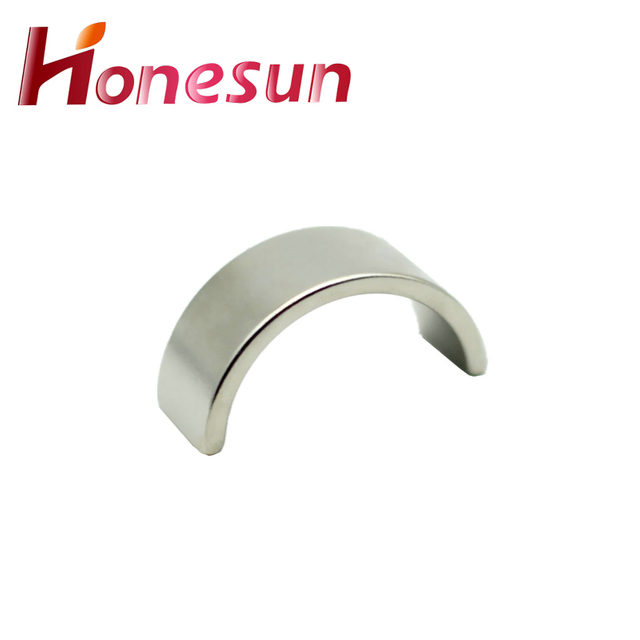
16.How do you demagnetize a Neodymium Magnet?
Neodymium magnets can be demagnetized by heating them to a temperature of around 200°C (392°F) for a few minutes. This will cause the magnet to lose its magnetic properties. It is also possible to demagnetize a neodymium magnet by exposing it to a strong alternating magnetic field.
17.What advancements are being made in the recycling of Neodymium Magnets?
Recent advancements in the recycling of neodymium magnets include the development of new technologies that allow for the separation of neodymium from other metals in the magnet, such as iron and cobalt. This allows for the recovery of the neodymium for reuse in new magnets. Additionally, new methods of recycling neodymium magnets have been developed that involve crushing the magnets into a powder and then separating the neodymium from the other metals. This powder can then be used to create new magnets.
18.How do Neodymium Magnets contribute to sustainable energy?
Neodymium magnets are used in a variety of renewable energy technologies, such as wind turbines, solar panels, and electric vehicles. They are used to generate electricity from wind and solar energy, and to power electric vehicles. Neodymium magnets are also used in the motors of hybrid and electric vehicles, which helps to reduce emissions and improve fuel efficiency. Additionally, neodymium magnets are used in the production of energy-efficient lighting, such as LED lights, which helps to reduce energy consumption.
19.About Neodymium Magnets warranty
Neodymium magnets are generally covered by a one-year warranty against defects in materials and workmanship. The warranty does not cover damage caused by misuse, abuse, or improper handling. If a magnet is found to be defective, the manufacturer will replace it with a new one.
20.Can Neodymium Magnets damage credit cards or electronic devices?
No, neodymium magnets will not damage credit cards or electronic devices. However, it is important to keep in mind that neodymium magnets are very powerful and can cause damage to other magnetic materials, such as hard drives, speakers, and other electronic components. Therefore, it is important to keep neodymium magnets away from any electronic devices.
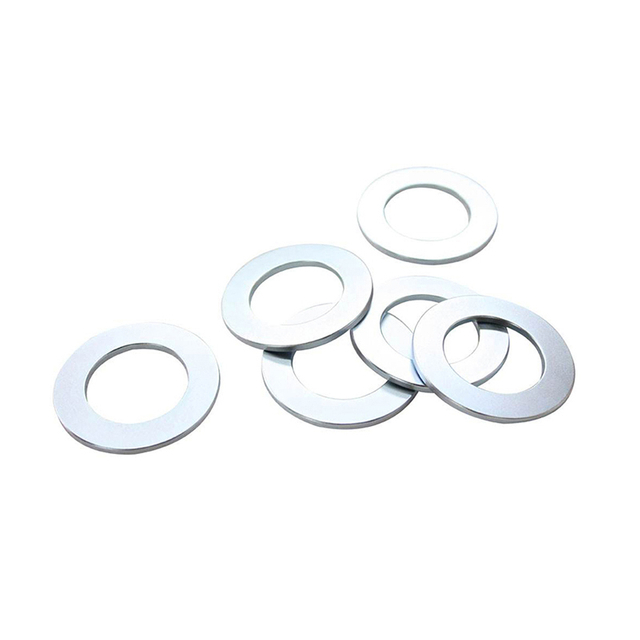
Tag:plastic coated neodymium magnets,neodymium rare earth magnets,thin neodymium magnets,neodymium magnets,neodymium magnets square
Honesun Industrial Co., Ltd. focuses on designing, researching, developing, manufacturing and selling Magnets and Magnetic Assemblies. With more than 15 years' rich experience and considerate services.we have been recognized as a reliable.



